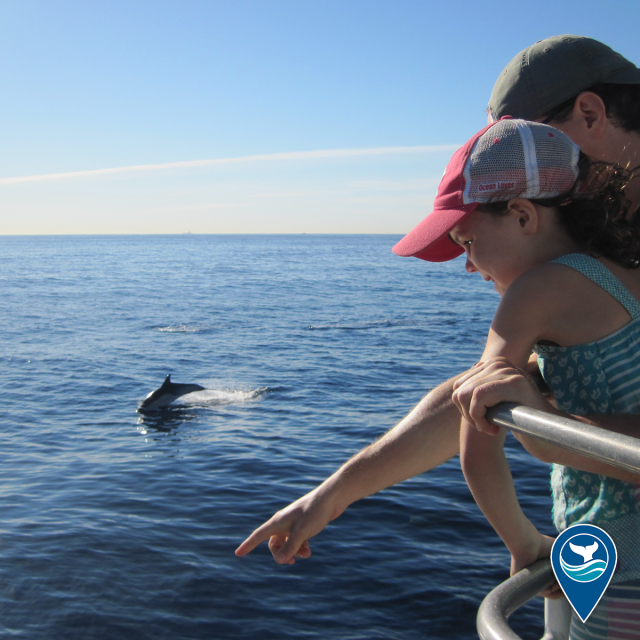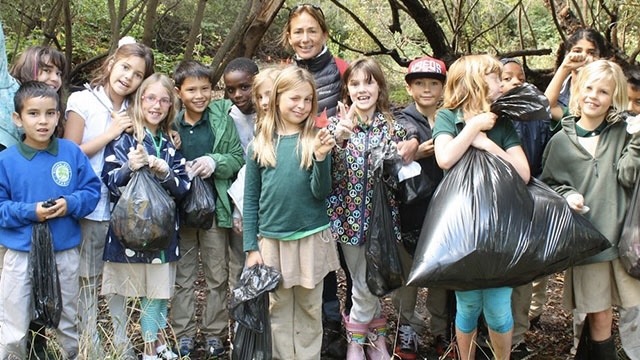#oceaneducation

New Release: Ocean Acidification Resource Collection
What is Ocean Acidification?
The ocean absorbs the extra carbon dioxide we emit into the atmosphere when we burn fossil fuels, like coal, oil, and methane gas, and that changes the chemistry of the ocean. We call this “ocean acidification.” The change in chemistry is reducing the amount of calcium carbonate in the ocean. Just as humans need calcium to build their bones, sea creatures need calcium carbonate to build strong skeletons and shells. Ocean acidification changes the chemistry of the ocean and causes “osteoporosis of the sea,” which prevents animals at the bottom of the food chain from building and maintaining the protective shells they need to survive.
Explore this new collection of NOAA videos, lesson plans, webinars, web stories, virtual reality, and much more.
https://sanctuaries.noaa.gov/education/teachers/ocean-acidification/

It’s never too soon to engage young scientists in the making. Check out these activities and experiments for kids that will flex their brains while having fun. The final week of #EarthMonth is a better time than ever to start a new environmentally-focused activity at home or to visit one of your national marine sanctuaries and learn even more.
https://www.noaa.gov/education/resource-collections/education-at-home/experiments-and-activities

Calling all PreK-12 teachers and schools ☎️
The 2022-2023 Ocean Guardian School application is now available on the Ocean Guardian School website!
The Ocean Guardian School program funds projects focused on a current issue(s) affecting local watersheds and/or the ocean while promoting best environmental practices. Through a school- or community-based project, schools work to make a difference in the health and protection of their local watersheds, ocean and/or special ocean areas like national marine sanctuaries.
Deadline to submit is June 1, 2022. Questions? Please contact [email protected]
